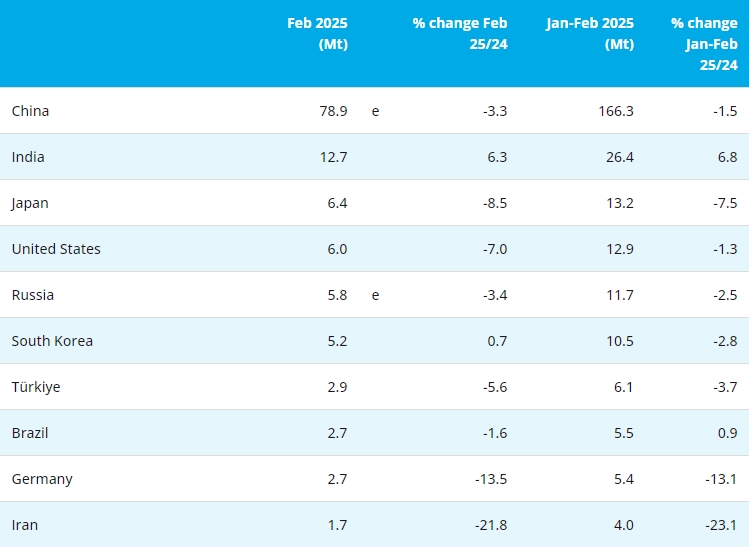China has been among the world top exporters and importers for years. But standards remain high and the country has recently come out with a document that announces the banning of certain types of imports. "Foreign garbage", environmentally hazardous solid waste, will be entirely banned from entering China by the end of next year along with stricter management on solid waste imports.
Imports of environmentally hazardous solid waste to China, divided into 24 main categories, will end by the end of 2017, and imports of solid waste that can be replaced by domestic resources will end by 2019, the State Council, China's Cabinet, announced on July 27.
The banned categories include waste paper, plastics as well as raw textile materials.
"There has been related regulation and legislation on the banning of solid waste already, but this time the guideline is a much more comprehensive one which will see more regulations," said Liu Hua, director of the pollution prevention program at Greenpeace's Beijing office.
China started to import solid waste from 1980, when the country was still running as a planned economy and there was a lack of a variety of productive resources.
As the country gradually developed its market economy and robust growth became the norm, along with reform and opening-up, China has become self-dependent in many sectors of resources, and the government has been improving the regulatory system in defining the exact types of solid waste that can be imported to China due to environmental concerns.
Imported waste still exists in some major industries, such as paper making. And the main reason is due to comparatively lower prices, Liu said.
Zhou Hongchun, a researcher on social development at the Development and Research Center under the State Council, said during an interview with China Economic News that there are still a large number of private companies illegally importing solid waste.
He said that the imported solid waste, in most cases, often mingles with other waste, and this can pose a severe threat to the environment.
Figures from the Ministry of Environmental Protection show that last year the amount of solid waste that China imported accounted for about 56 percent of the total amount of solid waste produced globally.
Most of this waste was from developed countries. Statistics also show that more than 90 percent of solid waste produced around the globe is sold to developing countries.
According to the new plan, by the end of 2019, the country will phase out imports of solid waste that can be replaced by domestic resources.
At the same time, international cooperation on returning the garbage will be enhanced.
"Imports of solid waste that can be hazardous are now imported into China both legally and illegally, and both channels will more or less harm people's health and the environment," Liu, from Greenpeace in Beijing, said.
"If these wastes are imported in legal channels that means it will go through a series of processes when imported, and will harm people's health during the process. And if this waste is imported illegally, that means it does not even go through the necessary processing."
The release of the new guideline came after China notified the World Trade Organization on July 18 that it will ban imports of solid waste, including waste plastics, unsorted scrap paper, discarded textiles and vanadium slag by the end of 2017.
Border controls on "foreign garbage" will be intensified, and severe punishments will be imposed on the reselling and illegal processing of imported waste.
There is still some illegal smuggling of "foreign garbage" into China for profit, especially in certain industries.
"This is mainly because imported waste is still at a lower price compared to domestic raw materials," Liu said.
He suggested the adoption of a more effective approach to improve the garbage classification status in China.
Figures from the Ministry of Environmental Protection show that in 2015, a total of 185.6 million metric tons of household garbage was produced from large and medium-sized cities in China.
"Most of this garbage is not well classified and was not reused. If garbage classification can be improved, the amount of waste that can be reused will greatly increase," Liu said.
- [Editor:Wang Linyan]



 Save
Save Print
Print Daily News
Daily News Research
Research Magazine
Magazine Company Database
Company Database Customized Database
Customized Database Conferences
Conferences Advertisement
Advertisement Trade
Trade












 Online inquiry
Online inquiry Contact
Contact

Tell Us What You Think